1975 World Cup Recap - Revisiting unforgettable moments
The World Cup 1975 World Cup was the first edition of the Cricket World Cup which was full of several memorable moments.
6 Min Read
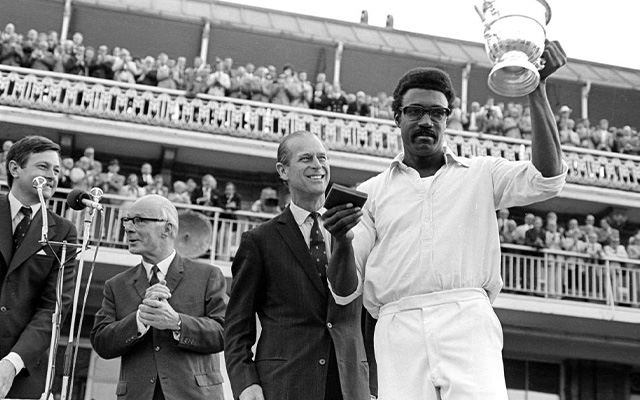

Introduction
On June 07, 1975 the seeds for the biggest tournament ever in the cricketing world were sown as the inaugural Cricket World Cup got underway in England. However, the beginning wasn’t smooth as the event faced backlash for challenging the philosophy and ethos of cricket. The critics viewed the tournament as a threat to the game and believed the future of the sport lies in the five-day Test cricket.
But there were a few who were aware of the potential of commercialising the game and the massive influx of money it would bring. Amid mixed feelings among the fans and pundits, the ball finally got rolling in the World Cup during the English summer of 1975. Ahead of the tournament, the ICC declared that the balls going over the batter’s head would be called wide.
Participating teams and format
The tournament was sponsored by Prudential Assurance Company and featured eight participating nations. The six Test-playing teams of the time namely Australia, England, India, New Zealand, Pakistan, the West Indies, and the two leading Associate nations at the time – Sri Lanka and East Africa were part of the event.
The teams were divided into two groups of four each with the top two teams from each group qualifying for the semi-finals and the winners of the semis meeting in the summit clash. The matches were played in traditional white clothing with a red ball.
Also Check: ODI Cricket World Cup Winners List from 1975 to 2023
Sunil Gavaskar's bizarre innings in the first match
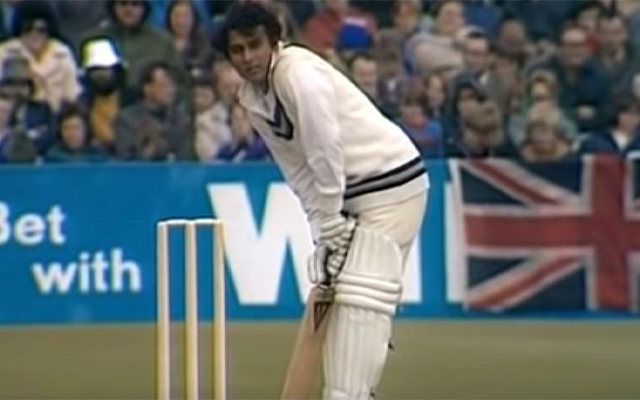
The tournament began with a game between India and England where Dennis Amiss etched his name in the history books by becoming the first person to score a hundred in the World Cup. However, the second innings saw the most bizarre knock ever played in the history of the format as the legendary Indian batter Sunil Gavaskar batted the entire 60 overs scoring just 36* (174) with just one boundary in his innings.
As a result, England registered a massive win by 202 runs with India only scoring 132/3 in reply to England’s 334/4 in the allotted 60 overs. In the second game, Glenn Turner unleashed his beast mode on East Africa and scored a mammoth 171* (201) achieving the then-highest individual score in the format (a record which stood for eight years until broken by Kapil Dev in 1983).
West Indies and Pakistan's thrilling encounter
In the fourth match, West Indies bundled out Sri Lanka for just 86 who became the first team to be all out under 100 in the format. The Windies were also a part of one of the most memorable matches of the tournament against Pakistan during Match 8.
After opting to bat first, Pakistan posted 266/7 with captain Majid Khan top-scoring with 60 (108). In reply, West Indies were reeling at 203/9 when Andy Roberts (24 off 48) joined Deryck Murray (61 off 76) at the crease. The duo stitched a 64-run stand together to help their side register a thrilling win by one wicket.
Australia's short-ball tactics make headlines
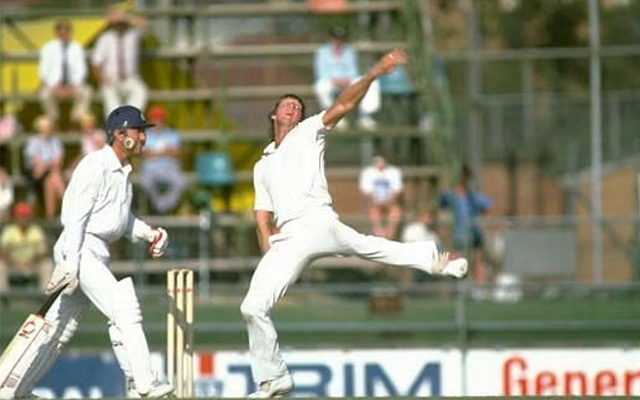
The tournament had its fair share of controversy as well during Match 7 between Australia and Sri Lanka. During the game, Australian fast bowlers sent a couple of Sri Lankan batters into the hospital with their short ball tactics which was condemned by the media.
Further ahead in the event, India registered their first victory by beating East Africa by ten wickets. However, they got knocked out in the very next game losing against New Zealand by four wickets. As a result, the Kiwis qualified for the semi-finals along with England who finished on top in Group A having won all three matches.
In Group B, West Indies finished on the top having won all three matches and qualified for the semis along with Australia who finished on second spot. After the end of the group stage, the action intensified in the tournament with the focus shifting to knockouts.
Ian Chappel's golden move to bring in Gary Gilmour
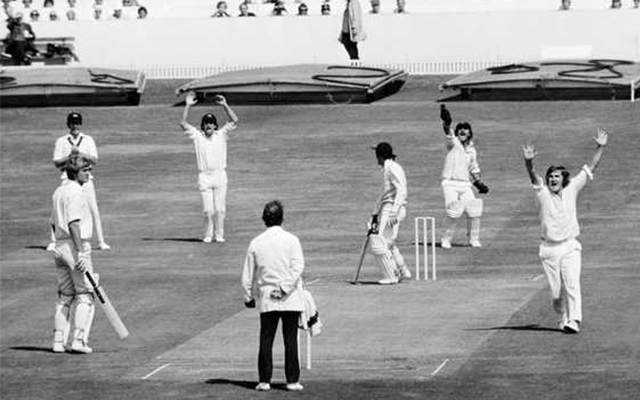
All four teams being well aware that a single mistake could lead to them being knocked out of the event, locked horns in the semi final. Australia and England clashed in the first game with captain Ian Chappel bringing in Gary Gilmour in place of Ashley Mallett. The move worked wonders for Australia as Gilmour bowled a sensational spell of 6/14 in 12 overs. As a result, England were bundled out for just 93 and Australia won the match by four wickets to enter the finals.
In the second semi-final, West Indies rolled over New Zealand by five wickets as they chased down the target of 159 to clash with Australia in the first-ever final of the World Cup.
Clive Llyod's captain's knock in the final
Ahead of the final on June 21, the match was completely sold out three days in advance. After being put in to bat first, West Indies skipper Clive Lloyd led his team from the front and played a captain’s knock by notching up a magnificent hundred (102 off 85) in the big final. Courtesy of his knock, West Indies posted a good total of 291/8. Later in the second innings, West Indies skipper had another great outing as he inflicted three run-outs and picked one wicket to restrict Australia to 274.
As a result, West Indies won the match by 17 runs and were crowned the first-ever champions of world cricket. Captain Clive Lloyd was awarded Player of the Match for guiding his team to their first World title which served as a foundation for their dominance in the cricketing world in following years.
Glenn Turner and Gary Gilmour top the charts
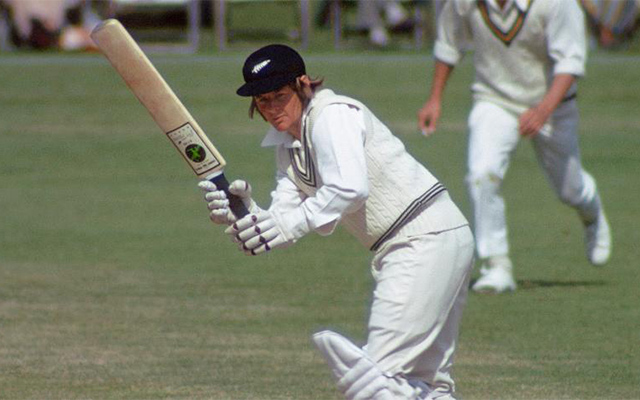
New Zealand’s Glenn Turner finished as the highest run scorer of the tournament with 333 runs from four innings at an average of 166.50 with two hundreds to his name. In the wickets column, Australia’s Gary Gilmour topped the charts despite playing just two matches in the tournament.
He picked up 11 wickets from two innings at an average of 5.63 and an economy of 2.58 with two five-wicket hauls to his name.
Also Check: ODI Cricket World Cup All-Time Records
Download Our App